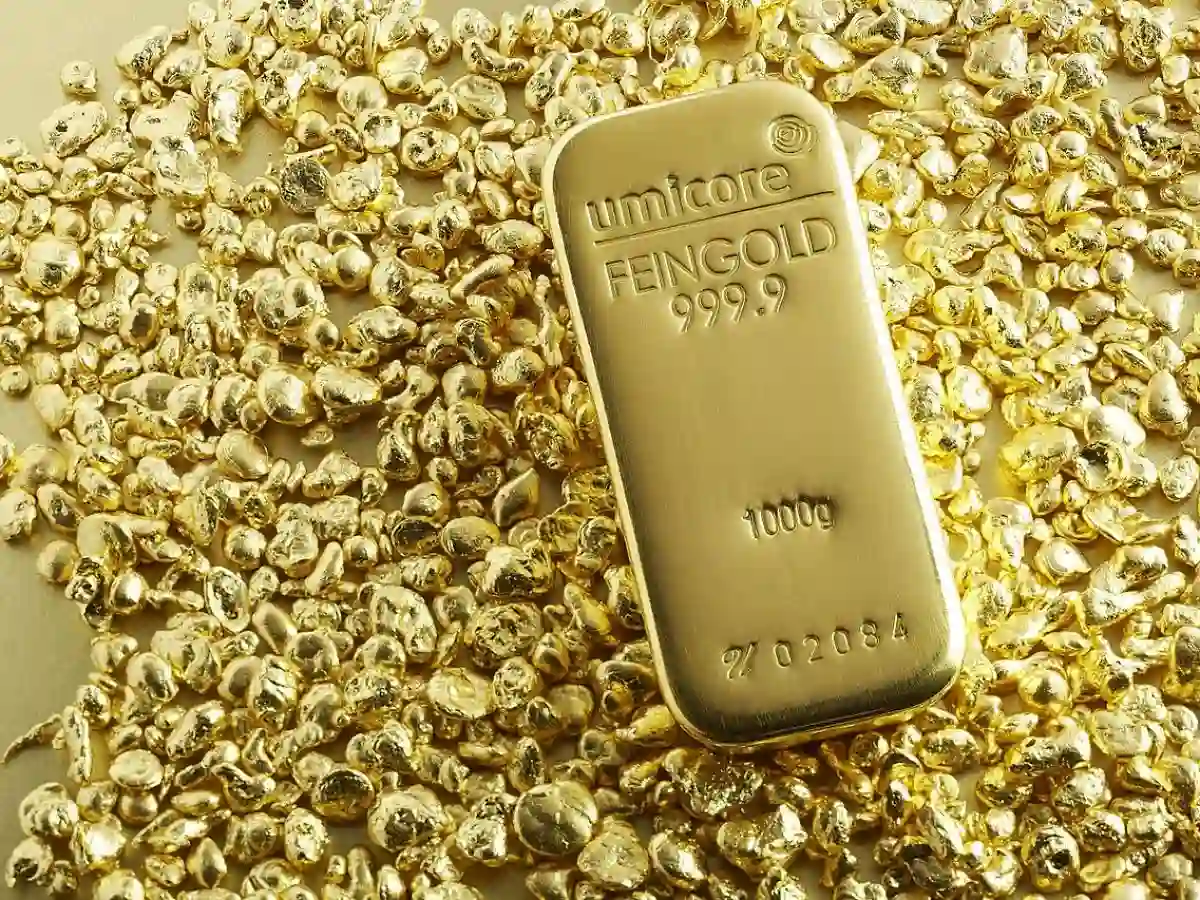As more countries rethink where and how they store their national wealth, Serbia has made a bold move: it’s bringing all its gold back home.
The Balkan nation is pulling roughly $6 billion worth of gold from foreign vaults—a decision rooted in global political tensions and lessons learned from recent economic sanctions on other nations.
A Push for Financial Control Begins at Home
This isn’t just a symbolic gesture—Serbia’s government is serious about economic sovereignty.
By choosing to store its gold reserves domestically instead of keeping them in countries like Switzerland, the UK, and the US, Serbia becomes the first country in Eastern Europe to fully cut ties with foreign custodians when it comes to gold.
The initiative has been quietly in motion since 2021, led by the National Bank of Serbia.
That year marked a turning point as the world began to feel increasingly unstable—both economically and politically.
Lessons from Russia’s Frozen Assets
One major influence on Serbia’s decision? What happened to Russia.
In 2022, the West froze nearly $300 billion of Russia’s reserves after its invasion of Ukraine.
That dramatic action sent shockwaves across countries that worry they too might one day face similar sanctions.
Serbia’s President Aleksandar Vučić didn’t ignore the warning signs.
He publicly pointed to Russia’s asset freeze as a wake-up call, and he’s pushed for Serbia to take back control of its financial reserves while it still can.
Protection Against Future Sanctions
Bringing gold back to Serbia is about more than just trust issues. It’s also about preparedness.
If economic or political crises hit, having immediate access to gold gives Serbia more room to maneuver.
It can support its national currency, calm financial markets, or meet international commitments without relying on potentially hostile governments.
By storing gold inside the country, Serbia ensures that no external power can easily freeze or seize its key assets.
That’s a strong strategic move in an era where sanctions and financial warfare are increasingly used as political tools.
Serbia Joins the Global Shift Toward Tangible Assets
This decision also fits into a larger global trend: dedollarization.
Countries around the world are gradually moving away from heavy reliance on the US dollar and other Western financial systems.
Instead, they’re turning to physical assets like gold, which hold value regardless of political headwinds.
According to analysts, “This repatriation isn’t just about pride or politics—it’s about building resilience into the economy.”
Looking Ahead: A More Independent Serbia
In the end, Serbia’s gold move is more than a logistical change—it’s a signal to the world.
The country is planning for a more self-reliant future, one where it isn’t at the mercy of global powers when things go south.
By bringing its gold home, Serbia is sending a clear message: when it comes to national wealth and security, they’d rather keep things close than take any chances.
